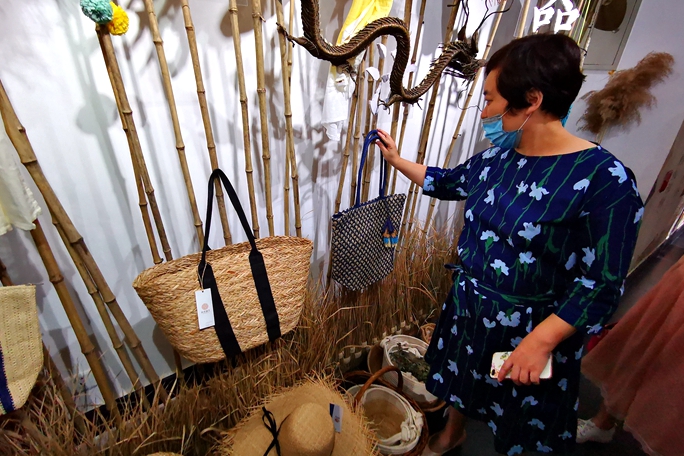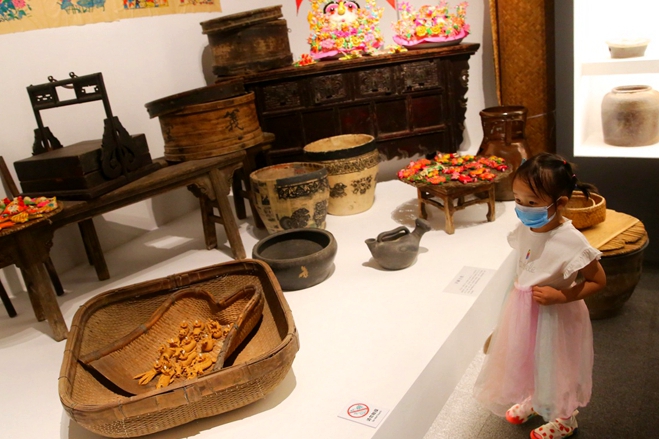Confucius lives again to enlighten the future
JINAN -- On a bitter winter afternoon, more than 100 villagers gather in a large, warm hall to listen to a lecture on Confucianism delivered by a teacher.
Using simple language, Zhang Heng, one of Qufu's Confucian volunteers, explains the need for virtues and how to solve trivial disputes through consultation, in pursuit of harmony.
The newly-built hall is named the "home of happiness and harmony" in Gongjia village. Qufu, in East China's Shandong province, is the birthplace of Confucius. Such lectures are common in Qufu and many other cities in the province.
Confucius (551 BC-479 BC) set up the first private school in China and had 3,000 disciples, of whom 72 became accomplished. The teachings of Confucius center on peace and social harmony. His proverbs were collected in the Analects by his students.
Confucianism, which steered Chinese society for more than 2,000 years, is having a revival in China and attracting interest from around the world.
In Qufu, each of its 405 villages has a Confucianism teacher and a lecture hall for regular classes. These lectures are usually given by retired teachers or prominent figures who know Confucianism.
Students at primary and middle schools in Shandong as well as Qufu Normal University have compulsory classes on traditional values of Confucianism.
Life Confucianism
"With promotion of traditional virtues, disrespect for elders has almost disappeared and disputes between villagers have dropped dramatically," said Gong Jian, Communist Party chief of the village.
The few disputes there, are resolved in the village's "harmony first" mediation room, said Gong, who often interprets core key Confucian concepts such as "ren" (benevolence) and "yi" (righteousness) before villagers.
Zhang, the volunteer, said lectures enlightened villagers, most of whom no longer worry about their basic living needs, but pursue a richer life, both materially and spiritually.
Huang Yushun, deputy head of the Advanced Institute of Confucian Studies at Shandong University, put forward his theory of Confucian life in an attempt to bring the spirit of Confucianism to contemporary daily life.
The theory enables the traditional philosophy to keep pace with the realities of society, he said. In Shandong, nearly 10,000 villages have set up halls for learning about Confucianism.

 Shandong Culture and Tourism Consumption Season
Shandong Culture and Tourism Consumption Season Culture, tourism sectors pick up in Shandong as epidemic wanes
Culture, tourism sectors pick up in Shandong as epidemic wanes

